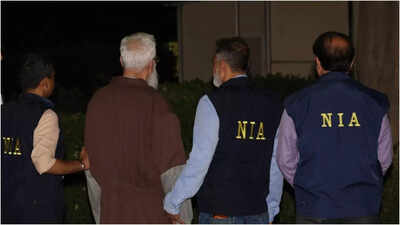
Rana, a former Pakistan Army doctor turned businessman, was arrested by the FBI in 2009 and convicted in 2011 for plotting an attack on a Danish newspaper. Although acquitted in the U.S. of charges related to the Mumbai attacks, India has pursued his extradition based on evidence suggesting his involvement in the 26/11 conspiracy. The U.S. Supreme Court's rejection of Rana's appeals cleared the path for his transfer to Indian custody.
Investigators allege that Rana's Chicago-based immigration firm, First World Immigration Services, served as a front for Headley's reconnaissance missions in Mumbai between 2006 and 2008. Headley, who is serving a 35-year sentence in the U.S., testified that Rana was aware of his LeT affiliations and supported his activities, including establishing a Mumbai office to facilitate surveillance of potential targets.
The NIA's chargesheet details extensive communication between Rana and Headley during the latter's visits to India, with records indicating over 30 calls during each trip. Headley's reconnaissance reportedly included key locations such as the Taj Mahal Palace Hotel, Chhatrapati Shivaji Terminus, and the Jewish center at Nariman House, all of which were targeted during the attacks.
Rana's extradition has prompted the NIA to consider re-examining Headley's testimony, particularly in light of new information that may emerge from Rana's interrogation. While the U.S. has previously denied India's request for Headley's extradition, citing his cooperation and plea agreement, Indian authorities are exploring legal avenues to gain further insights into the planning and execution of the attacks.
